(Dan Tri) - Notarization is a public service and at the same time has high occupational risks, so there must be a mechanism to protect the rights of notaries in the practice of notarization.
On the afternoon of October 25, Chairman of the National Assembly's Law Committee Hoang Thanh Tung presented a report explaining, accepting and revising the draft amended Law on Notarization.
Regarding professional liability insurance for notaries, the National Assembly Standing Committee recognized that notarization is a public service and at the same time has high occupational risks, so there needs to be a mechanism to protect the rights of notaries in the practice of notarization.
The regulation of notary public's professional liability insurance as compulsory insurance is stricter and ensures higher safety for notary public's professional activities.
Incorporating the opinions of delegates, on the basis of inheriting the current Notary Law, the draft law has added a provision: Professional liability insurance for notaries is a compulsory type of insurance; at the same time, the Government is assigned to specify in detail the conditions, insurance rules, insurance premiums, and minimum insurance amounts for professional liability insurance for notaries.
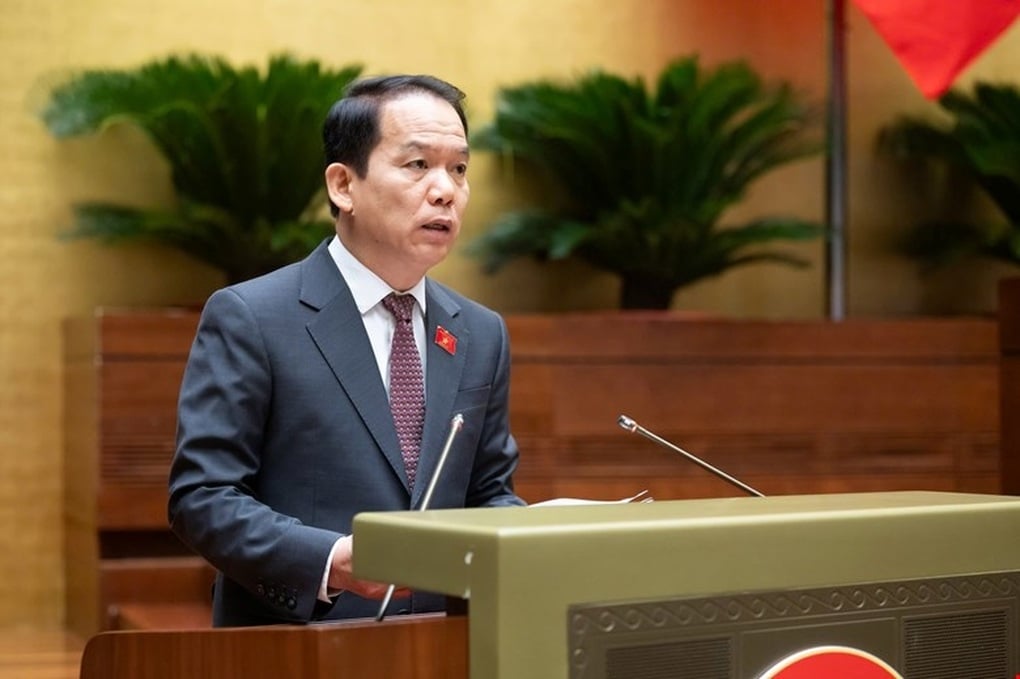
Chairman of the National Assembly's Committee on Law Hoang Thanh Tung (Photo: National Assembly).
The addition of regulations on professional liability insurance for this subject is consistent with the provisions of the Law on Insurance Business.
Regarding regulations on types of transactions that must be notarized, the National Assembly Standing Committee said that Vietnamese law also stipulates mandatory notarization for a number of important transactions related to land use rights, home ownership rights, a number of other types of assets that must register ownership and usage rights, and a number of other important transactions.
Transactions that must be notarized are currently regulated in relevant laws such as the Civil Code, Law on Marriage and Family, Land Law, Housing Law, Real Estate Business Law and a number of sub-law documents...
The Draft Law submitted by the Government at the 7th Session inherits the provisions of the current Notary Law, does not stipulate the types of transactions that must be notarized, but focuses on regulating issues related to notaries and notary practice organizations.
The Chairman of the Law Committee said that during the process of discussing and receiving and revising this content, there were two types of opinions. The first type of opinion agreed with the Government's viewpoint, not specifying the types of transactions that must be notarized in the Notary Law to avoid duplication with the provisions of specialized laws.
The second type of opinion suggests specifying the list of transactions that must be notarized in the Notarization Law to ensure transparency and convenience in the application of the law by people and businesses.
The National Assembly Standing Committee recognizes that both of the above opinions have advantages and limitations. This agency proposes that the National Assembly incorporate the positive points of both to revise this content.
Accordingly, Clause 2, Article 1 is supplemented to stipulate the criteria for determining transactions that must be notarized, specifically: "Transactions that must be notarized are important transactions that require a high level of legal security and are required by law to be notarized".
At the same time, the Government is also assigned to direct the review of notarized transactions currently regulated in current laws, decrees and circulars to amend and supplement according to authority and propose competent authorities to amend and supplement within one year from the effective date of this law, ensuring compliance with the criteria prescribed in the Notarization Law.
Source: https://dantri.com.vn/xa-hoi/cong-chung-vien-la-nghe-nhieu-rui-ro-can-co-bao-hiem-trach-nhiem-20241025150714651.htm







![[Photo] President Luong Cuong and Sri Lankan President Anura Kumara Dissanayaka visit President Ho Chi Minh relic site](https://vphoto.vietnam.vn/thumb/1200x675/vietnam/resource/IMAGE/2025/5/5/0ff75a6ffec545cf8f9538e2c1f7f87a)


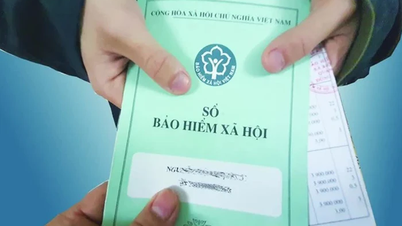























![[Photo] President Luong Cuong presided over the welcoming ceremony and held talks with Sri Lankan President Anura Kumara Dissanayaka](https://vphoto.vietnam.vn/thumb/1200x675/vietnam/resource/IMAGE/2025/5/5/bbb34e48c0194f2e81f59748df3f21c7)






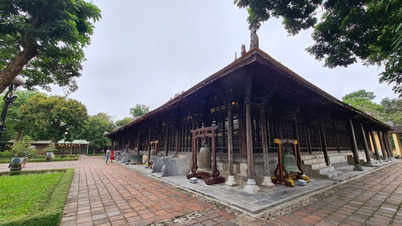










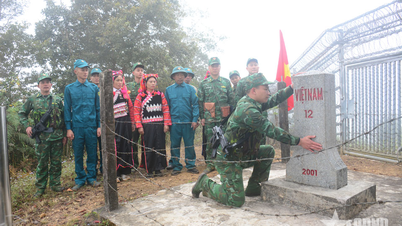












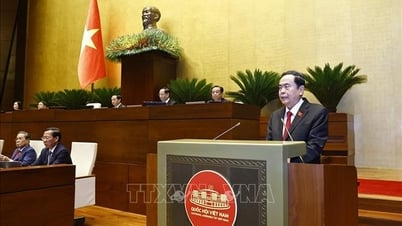





























Comment (0)